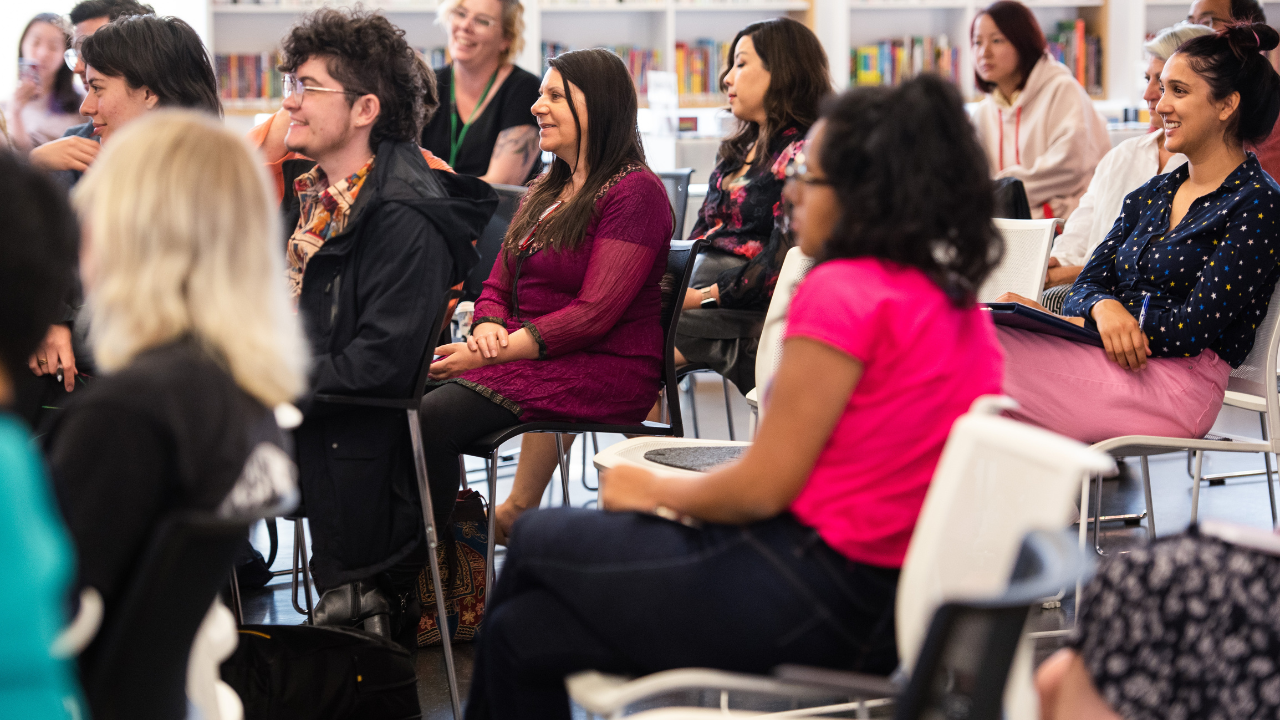Dialogue: a conversation between two or more people as a feature of a book, play or film
So, that sounds simple, right? Dialogue is a conversation, with two – or sometimes more – people talking to each other.
The aim of dialogue is to move the story forward, to show interactions between your characters. It can reveal something about the character of your heroine and hero, it can reveal exposition, details of events that have happened before and, importantly, your characters’ dialogue can set the tone for your book.
Dialogue in a novel is not like real life conversations (if only we were always so witty and clever). It is said that fiction is like real life with all the boring bits cut out, and that’s what you need to achieve with the dialogue in your novel. Two people having a lovely chat – with no conflict, no progression in the story, no drama – is fine in real life, but in a novel, your readers will finish that page unsatisfied.
Think about some of the conversations you have at home.
‘Did you get some milk?’
‘Yep. Two litres. Already in the fridge.’
‘Great.’
Mmm. Are you asleep already? If you can use the idea of that conversation, but super-charge it with conflict, you can use dialogue to reveal so much more about the two characters having the conversation.
‘Did you get some milk?’
‘Shit. I forgot.’
‘Again?’
‘I stopped in at the pub after work and had a drink with Simon and… sorry.’
‘Great.
The second scene, in a few lines with no dialogue tags or background, has given a reader a hint of an underlying conflict between these two characters. In this scene, asking “Did you get some milk?” is more than a question about milk: it’s an accusation about something far more serious. Your readers will be asking themselves: what has he/she done before that has made her so angry? Does he/she go to the pub a lot? Did he/she forget the milk because they was drunk? And your reader is engaged and imagining the story and all the mysteries you might reveal about these two people.
Just as each scene in a book has to drive the action forward, so does dialogue.
My next book, The Three Miss Allens is set in two different time periods – 1934 and 2016 – and because it dips in and out of the past over the course of the book, it was important to use the dialogue to set the tone for the two time periods, and to remind readers quickly of the time period they were in.
It was important for the style of dialogue to change when I shifted time periods. For instance, can you guess from which time period these two conversations come from?
‘You still in bed?’ he asked incredulously.
‘Yes. I am.’
‘I suppose it is Sunday,’ Leo finally conceded.
Roma stretched an arm out above her, yawned on purpose. ‘And don’t tell me. It’s still almost the crack of dawn despite the half hour time difference between you and me, and you’ve already been to the gym, run ten ks and had something biodynamic for breakfast, right?’
‘Two out of three ain’t bad, Roma. How’s everything with you? It’s hard to keep track of what you’re up to since you never post on your Facebook page.’
And this one:
‘When can we go bathing?’ Adeline called out from behind Ruby. She’d turned to look across Ocean Street, past the croquet lawns and the neatly manicured hedge, to the curve of the bay in the distance.
‘I can’t wait to try out my new swimsuit. I’m sure it will cause a scandal,’ she teased.
‘You know Father won’t let you wear it,’ Ruby added wearily. She’d been hearing about the swimsuit all the way from Adelaide. The whole train journey had been filled with nothing but fashion and romance.
My best advice about writing dialogue? Once you’ve written your scene, read it out loud to yourself. In a room of your own with the door tightly closed, if you must, but it’s a fantastic way to hear any stumbling blocks, any stiff language, or any unnatural turns of phrase.
I’ll be talking about all these things – and more – in my workshop on Sunday October 9th, “Dynamic Dialogue”.
Victoria Purman is a multi-published, award-nominated author whose tenth novel, The Three Miss Allens, will be released in late October 2016. Victoria has worked in and around the Adelaide media for nearly thirty years as an ABC television and radio journalist, a speechwriter to a Premier, political adviser, editor, media adviser and private sector communications consultant. She is Deputy Chair of the SA Writers Centre Board, a Vice President of Romance Writers of Australia, and a long-standing member of the Carclew Youth Arts Board. She is a regular guest at writers festivals and has been nominated for a number of readers’ choice awards.







